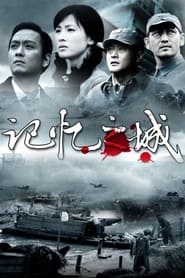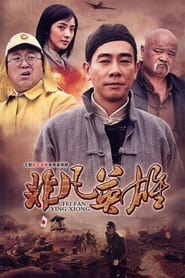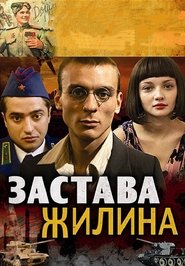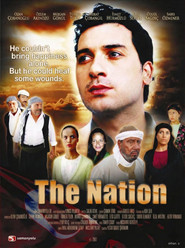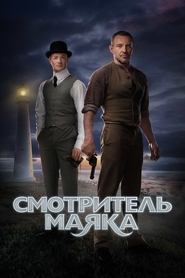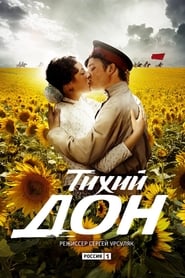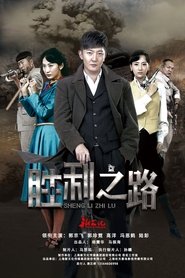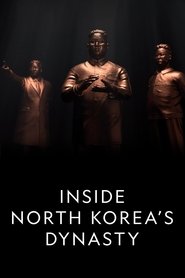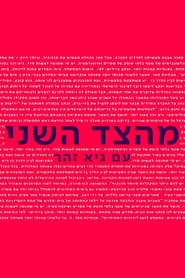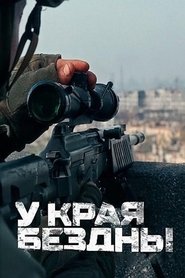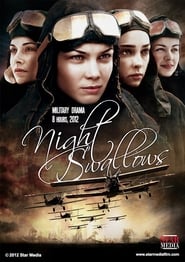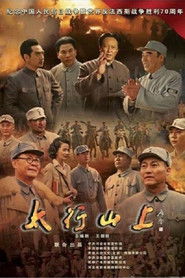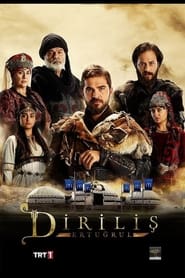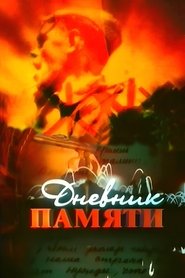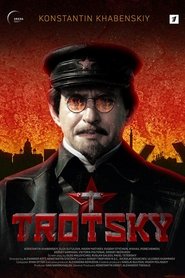War Politics TV Series - Page 53
-
City of Memory
2007
-
非凡英雄
2012
非凡英雄
2012
-
Zastava Zhilin
2009
Zastava Zhilin
2009
1941. Trying to escape from unhappy love, Pavel Zhilin, a first-year student, gets into the border guard shortly before the Nazi invasion. However, love overtakes him there: having survived the German offensive, Zhilin does everything possible to save his beloved and her newly-made husband. -
决战南京
2010
决战南京
2010
-
The Nation
2007
The Nation
2007
star 3.7Successful surgeon Tarik's colleague invites him to a troubled village where local doctors deceive villagers. When Tarik's colleague flees after being exposed, Tarik must confront the aftermath alone. -
The Spectacular
2022
The Spectacular
2022
star 5.3In the late 1980s, a Dutch anti-terrorism detective sets out to take down an IRA cell ruthlessly targeting English military personnel on leave in the south of the Netherlands. -
The Lightkeeper
2019
-
And Quiet Flows the Don
2015
star 3.8The action begins in 1912. The heroes of the painting - neighbors, villagers, Cossacks from the Tatarsky farm of the village of Vyoshenskaya - have lived on this land for centuries, they are connected by kinship, friendship, love, common labor and military service. But this durable and self-sufficient world with its unique way of life, habits and a special system of views and values is collapsing under the onslaught of bloody turmoil and revolution. Don is divided by hatred. The seemingly immutable age-old foundations of Don life - land, farm, family, military duty - are dissolving in the crucible of fratricidal war. The Melekhov, Korshunov, and Astakhov families are involved in the cycle of military and political events. -
血色黎明
2012
血色黎明
2012
-
胜利之路
2015
胜利之路
2015
-
Inside North Korea's Dynasty
2018
star 6.3The Kim family's dark and surreal story provides a fresh perspective on North Korea. -
At the Edge of the Abyss
2024
star 8.2March 2022. The Somalia battalion, as part of the main forces, was sent to storm fortified Mariupol in order to ensure the possibility of an offensive by the Russian Armed Forces. On the outskirts of the city, no one yet knows the scale of the genocide to be perpetrated by Russian soldiers. -
Night Swallows
2013
Night Swallows
2013
star 2.2On 8th October 1941, Stalin issued a secret order forming a female aviation unit. -
On the Mountain of Tai Hang
2015
Amid the brutal War of Resistance Against Japan, commanders Liu Bocheng and Deng Xiaoping lead the 129th Division into the Taihang Mountains, uniting civilians and fighters in a daring guerrilla campaign to repel the Japanese invasion and protect China’s liberated territories. -
Railway Wind and Cloud
2021
In 1927, as Japan seeks to control the Northeast railway, local Chinese authorities plan to build their own independent railway. The Binzhou Railway Company, led by Cao Dingbang and his son Cao Mofei, faces fierce opposition from Japan as they work to assert control over the project. -
Ertugrul Ghazi Urdu
2017
Ertugrul Ghazi Urdu
2017
The heroic story of Ertugrul Ghazi, the father of Osman (Uthman) who founded the Ottoman Empire. -
Враг у ворот
2024
Враг у ворот
2024
-
Diary of Memories
2007
-
Trotsky
2017
Trotsky
2017
star 5.9The life pages of a man who changed the world but paid back everything he had. Leon Trotsky is being interviewed in Mexico city of the year 1940 by Canadian journalist Frank Jackson. During eight days they have eight interview sessions revealing the true face of Comrade Trotsky.
